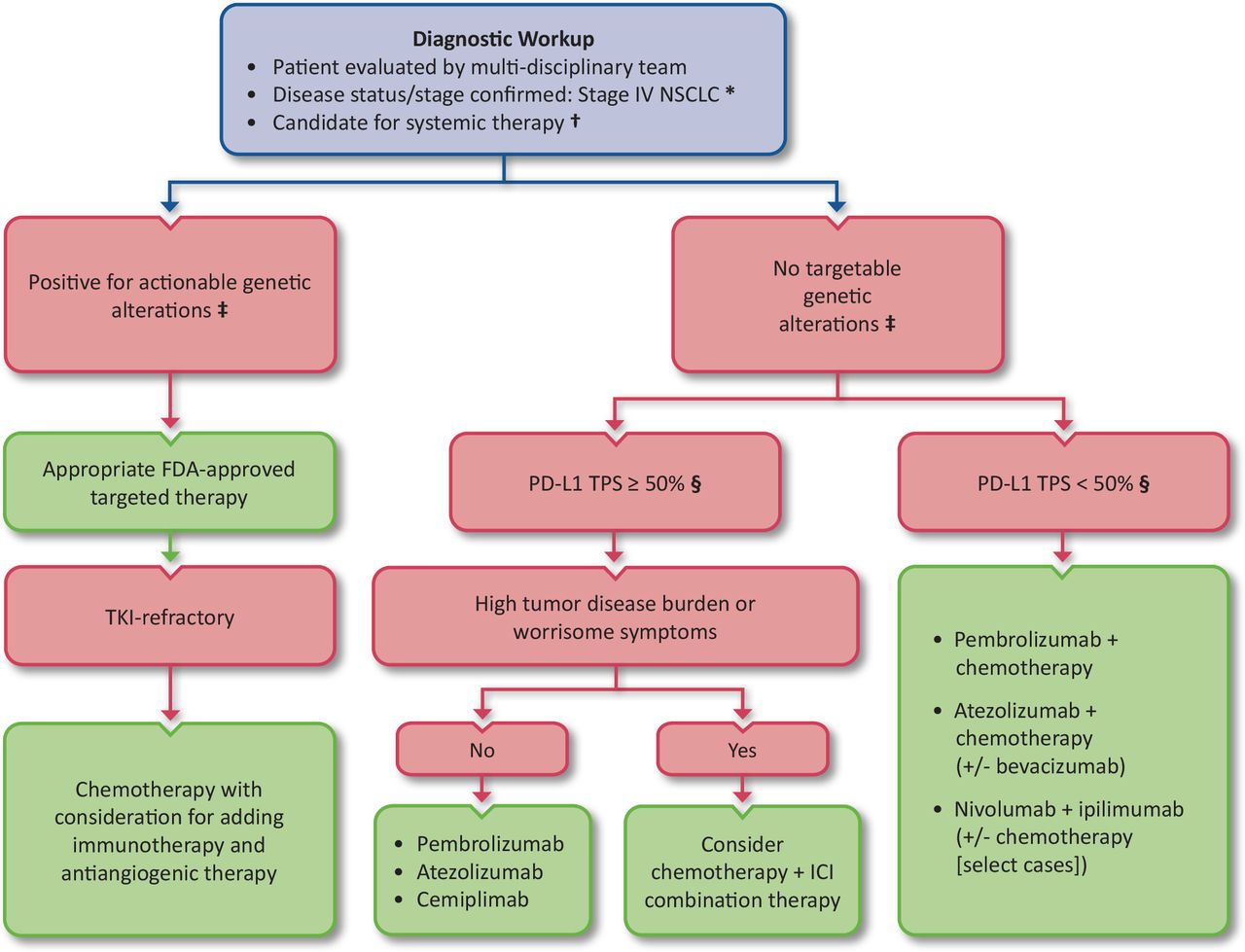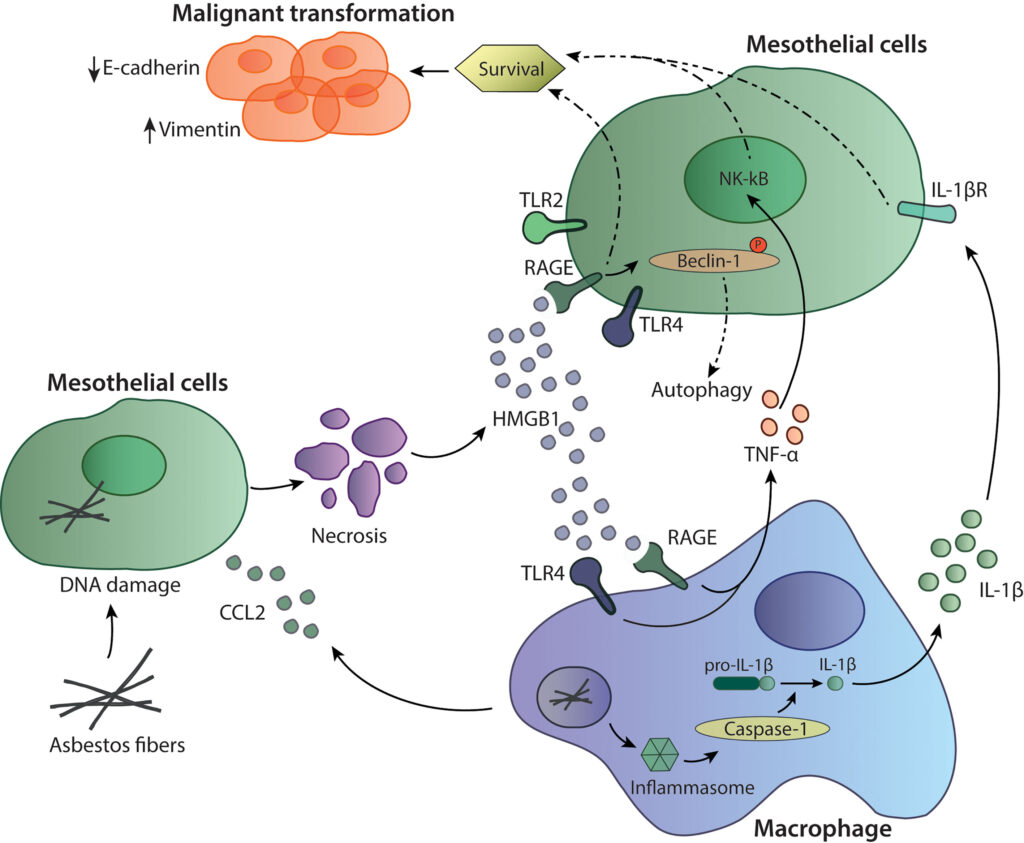Mesothelioma, often abbreviated as MP, is a rare and aggressive form of cancer that primarily affects the lining of the lungs, abdomen, or heart. Despite its rarity, it has gained significant attention due to its strong association with asbestos exposure. This article delves into the different types of mesothelioma, its causes, symptoms, and available treatment options to provide a comprehensive understanding of this complex disease.

Understanding Mesothelioma
Mesothelioma is a type of cancer that develops in the mesothelium, which is the thin layer of tissue that covers most of the internal organs. The disease is notorious for its long latency period, often taking decades to manifest after initial exposure to its primary cause. Understanding the nature of this cancer is crucial for early detection and effective management.
Types of Mesothelioma
Mesothelioma is classified based on the area of the body where it originates. Each type has distinct characteristics and requires tailored treatment approaches.
Pleural Mesothelioma
Pleural mesothelioma is the most common type, accounting for approximately seventy to ninety percent of all cases. It affects the pleura, which is the protective lining surrounding the lungs. Individuals with this type often experience difficulty breathing, chest pain, and persistent coughing. Early diagnosis can be challenging because these symptoms are similar to those of less severe respiratory conditions.
Peritoneal Mesothelioma
Peritoneal mesothelioma occurs in the peritoneum, the lining of the abdominal cavity. It is the second most common type and tends to progress more rapidly than pleural mesothelioma. Common symptoms include abdominal swelling, unexplained weight loss, and digestive issues. Treatment options for this type have advanced significantly in recent years, offering hope for improved outcomes.
Pericardial Mesothelioma
Pericardial mesothelioma is a rare form that affects the pericardium, the lining around the heart. Due to its proximity to such a vital organ, this type poses unique challenges in both diagnosis and treatment. Symptoms may include chest pain, irregular heartbeat, and difficulty breathing. Because it is so uncommon, research on effective treatments is still ongoing.
Testicular Mesothelioma
Testicular mesothelioma is the rarest form, occurring in the lining of the testicles. It accounts for less than one percent of all cases. Symptoms typically include swelling or lumps in the testicular area. While extremely uncommon, this type is often detected at an earlier stage compared to other forms, which may improve treatment success rates.
Causes of Mesothelioma
The primary cause of mesothelioma is exposure to asbestos, a naturally occurring mineral once widely used in construction and manufacturing due to its heat resistance and insulating properties. When asbestos fibers are inhaled or ingested, they can lodge in the lining of the organs, causing inflammation and genetic damage over time.
Occupational Exposure
- Construction Workers: Those involved in building, renovating, or demolishing structures containing asbestos are at high risk.
- Industrial Workers: Jobs in shipbuilding, automotive repair, and manufacturing often involve handling asbestos-containing materials.
- Military Personnel: Veterans, particularly those who served in the navy, are disproportionately affected due to the extensive use of asbestos in ships and military facilities.
Environmental Exposure
In some regions, natural deposits of asbestos can release fibers into the air, leading to environmental exposure. Additionally, individuals living near industrial sites where asbestos was processed or disposed of improperly may also be at risk.
Secondary Exposure
Family members of workers exposed to asbestos can experience secondary exposure by coming into contact with contaminated clothing or equipment. This highlights the importance of proper safety measures and decontamination protocols in workplaces dealing with asbestos.
Symptoms of Mesothelioma
The symptoms of mesothelioma vary depending on the type and location of the cancer. However, they often mimic those of other, less serious conditions, making early diagnosis difficult. Recognizing these signs is critical for seeking timely medical intervention.
Common Symptoms of Pleural Mesothelioma
- Chest pain or discomfort
- Shortness of breath
- Persistent coughing
- Fatigue and weakness
- Unexplained weight loss
Common Symptoms of Peritoneal Mesothelioma
- Abdominal swelling or fluid buildup
- Nausea and vomiting
- Bowel obstruction
- Fever or night sweats
- Loss of appetite
Common Symptoms of Pericardial Mesothelioma
- Chest pain or tightness
- Heart palpitations or irregular heartbeat
- Difficulty breathing
- Fatigue
- Fever
Common Symptoms of Testicular Mesothelioma
- Swelling or lumps in the testicles
- Pain or discomfort in the groin area
- Fluid accumulation in the scrotum
Treatment Options for Mesothelioma
While there is currently no cure for mesothelioma, several treatment options aim to manage symptoms, slow disease progression, and improve quality of life. The choice of treatment depends on factors such as the type and stage of the cancer, the patient’s overall health, and their personal preferences.
Surgery
Surgical procedures are often considered for patients with early-stage mesothelioma. The goal is to remove as much of the cancerous tissue as possible. Common surgical options include:
- Pleurectomy/Decortication: Removal of the pleura and visible tumors while preserving the lung.
- Extrapleural Pneumonectomy: Removal of the affected lung, part of the diaphragm, and the lining of the heart.
- Cytoreductive Surgery: Used for peritoneal mesothelioma, this involves removing tumors from the abdominal cavity.
Chemotherapy
Chemotherapy uses drugs to kill cancer cells or stop them from growing. It is often used in combination with surgery or radiation therapy. A commonly prescribed regimen for mesothelioma includes a combination of pemetrexed and cisplatin.
Radiation Therapy
Radiation therapy uses high-energy particles to target and destroy cancer cells. It can be used before surgery to shrink tumors or after surgery to eliminate remaining cancer cells. Radiation is also employed as a palliative measure to relieve symptoms such as pain.
Immunotherapy
Immunotherapy harnesses the body’s immune system to fight cancer. Recent advancements have shown promise in treating mesothelioma, particularly with drugs like pembrolizumab and nivolumab. These therapies help the immune system recognize and attack cancer cells more effectively.
Clinical Trials
Clinical trials offer access to cutting-edge treatments that are not yet widely available. Patients participating in trials may receive novel therapies, such as gene therapy or targeted drug treatments, which could potentially improve outcomes.
Palliative Care
Palliative care focuses on relieving symptoms and improving the quality of life for patients with advanced mesothelioma. This may include pain management, nutritional support, and psychological counseling to address the emotional toll of the disease.
Prevention and Awareness
Preventing mesothelioma begins with minimizing exposure to asbestos. Employers must adhere to strict safety regulations when handling asbestos-containing materials, and individuals should avoid disturbing potential sources of asbestos in older buildings. Raising awareness about the dangers of asbestos and advocating for stricter regulations can help reduce the incidence of this devastating disease.





